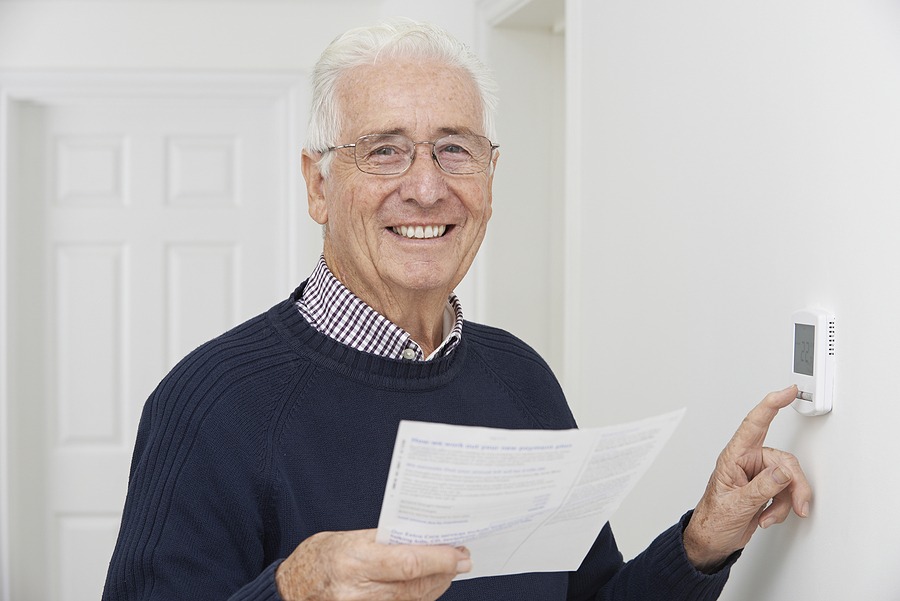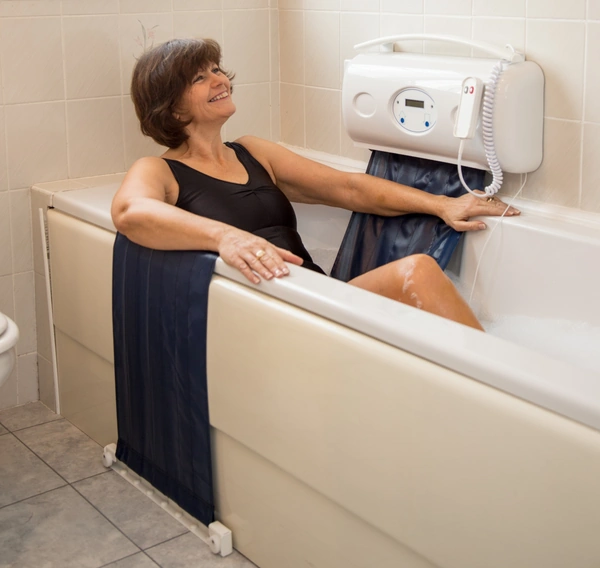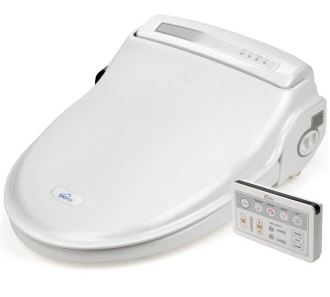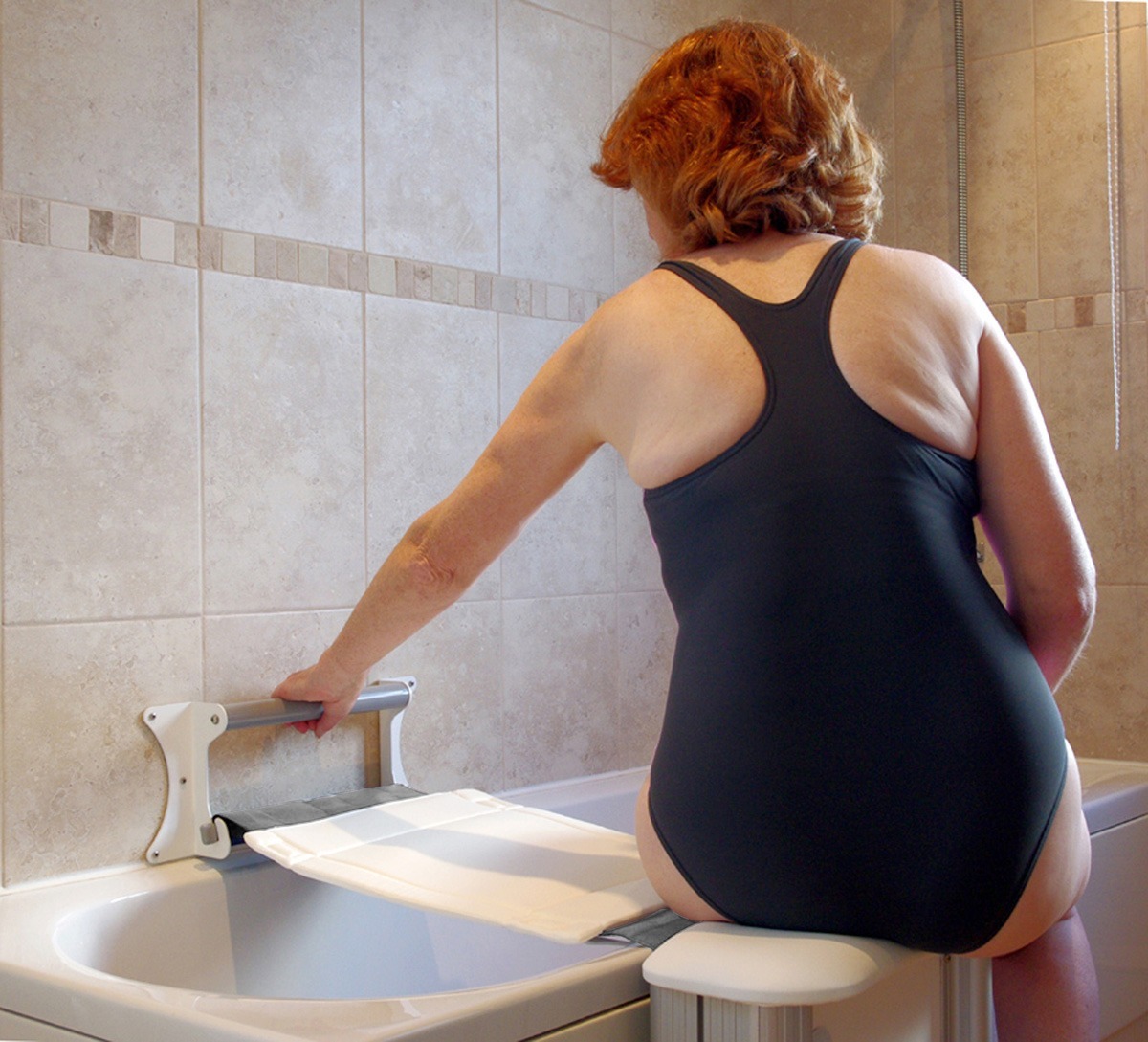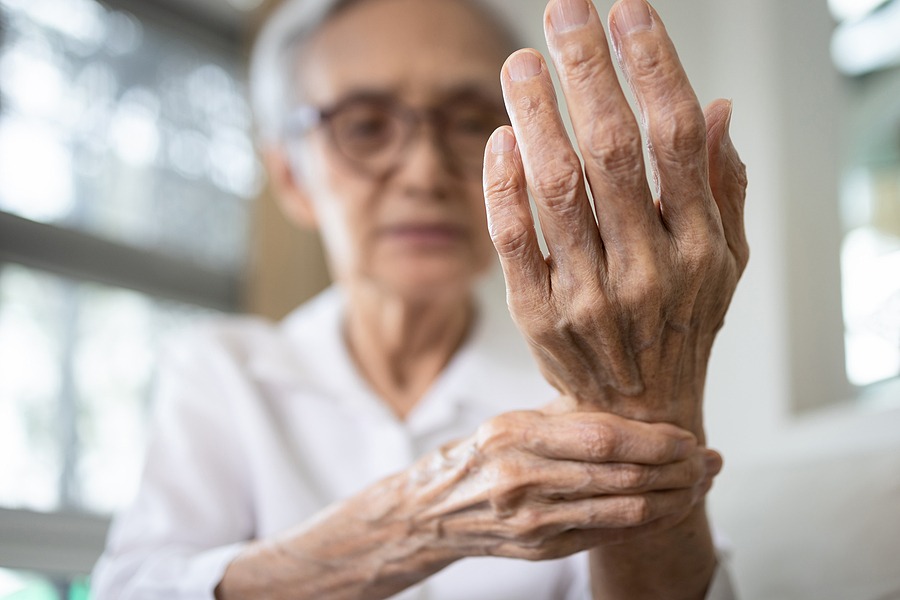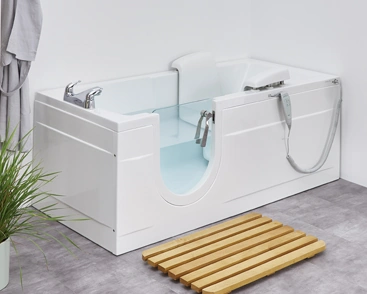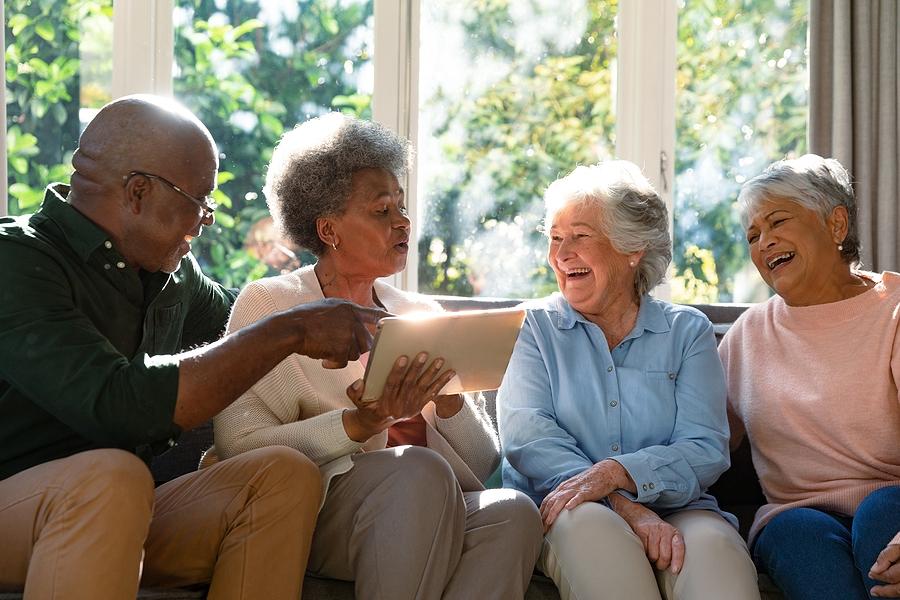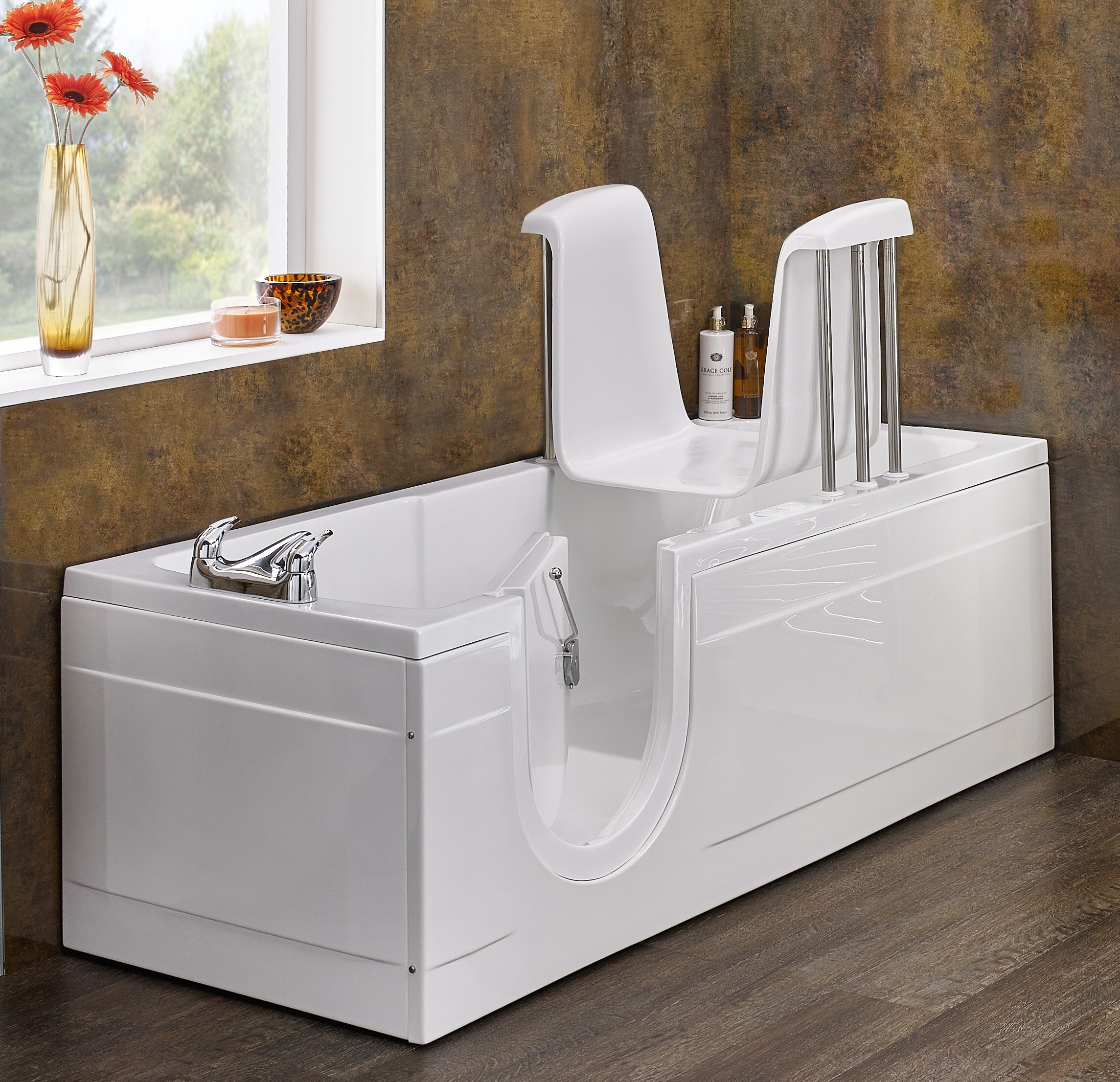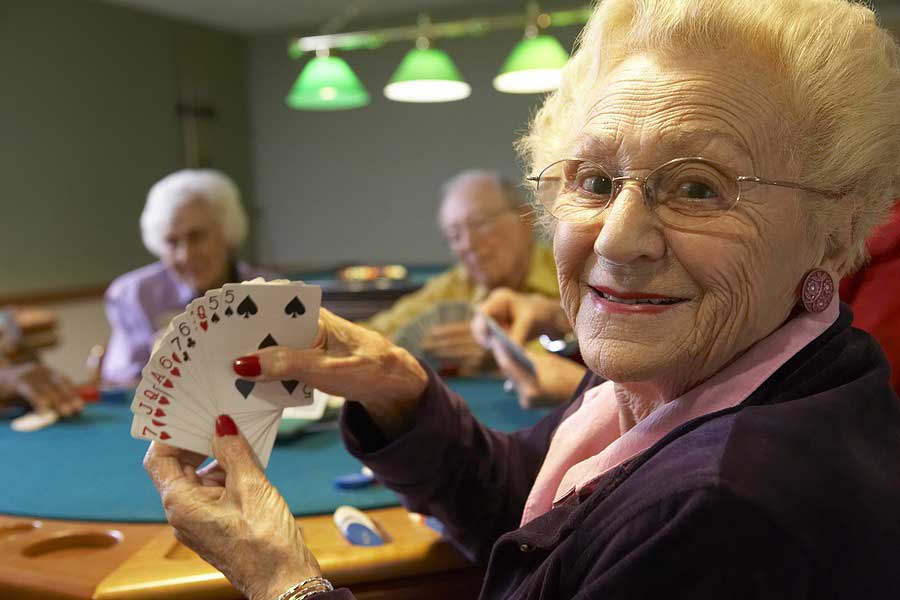
Retirement Development Prioritises Happiness For Elderly People!
A new retirement development in Failsworth, a town in the Manchester borough of Oldham, is now underway, with the aim being to help older people lead happier, healthier lives, enjoying their retirement years to the fullest.
According to the Oldham Times, retirement property development company McCarthy Stone is behind the vision for the ‘happier, healthier’ project, which will see financial assistance provided to various local community groups to help support people’s wellbeing and ensure they can continue to live independently for as long as possible.
Part of the plans will include a new development on Ashton Road west, which is due to be completed by autumn next year.
This will feature various low-maintenance, affordable and energy-efficient privately owned apartments for those over the age of 60, complete with all the necessary amenities within very close proximity, as well as beautiful countryside walks and communal shared spaces.
McCarthy Stone is currently looking for residents to take on voluntary advisor roles to help ensure that the new project aligns with community needs and the future residents of the apartments. These advisors will have influence over how funding is distributed, working towards making positive impacts in the community.
Business development manager Declan Fishwick said: “This development is the first of its kind in Oldham so we thought what better way to plan our community activities than to involve members of the public directly, so they can help us by highlighting some of the unsung heroes within the Oldham community where the funding could have the most positive difference to the lives of older people.
“Equally, this could be a fantastic way to build long-term relationships with the causes and groups themselves, which can be very fulfilling and rewarding too.”
There’s a raft of different benefits associated with ageing in place and living independently, everything from boosting your confidence and self-esteem to giving you greater control over your life.
Making your home accessible and adapting it over time in line with your evolving needs will be key in this regard, so get in touch with us today if you’d like to find out about bathroom adaptations including half height shower doors, bath lifts, shower seats and so on.

